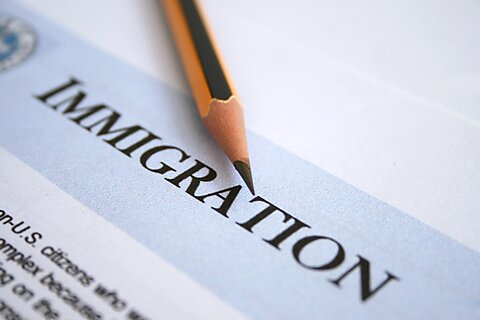Jeffrey Miron
In response to President Trump’s 10 percent Liberation Day tariffs on all US imports, both conservative and liberal voices argued, correctly, that open trade is beneficial, implying tariffs and other restrictions are harmful.
Comparatively few voices, however, whether from the left or right, have pushed back vigorously against the administration’s attempts to reduce immigration; the main opposition has been to deportations that violate due process.
Yet just as trade is beneficial, so is immigration: both expand the economic pie and should therefore face minimal restrictions.
The standard counterargument concedes that legal immigration should be permissible but claims that illegal immigration is a serious problem. Opponents cite a fiscal burden on taxpayers, labor-market pressure, national security and public safety issues, and fairness to would-be legal immigrants as reasons to stop the inflow of illegal migrants.
Immigration opponents often overstate these arguments.
But even if illegal immigration is as bad as claimed, the solution is widening the legal gate, not building a higher wall. For example, the US should raise employment-green-card caps, enlarge seasonal-worker quotas, and expand family reunification.
Trade in goods and trade in labor are both voluntary exchanges that make the parties involved better off. Just as tariffs distort markets, reduce efficiency, and waste enforcement resources, so too do restrictions on immigration. The same intellectual coalition that rightly opposed the Liberation Day tariffs should also champion a “Liberation Day” for would-be Americans.
This article appeared on Substack on March 27, 2025. Jonah Karafiol, a student at Harvard College, co-wrote this post.

